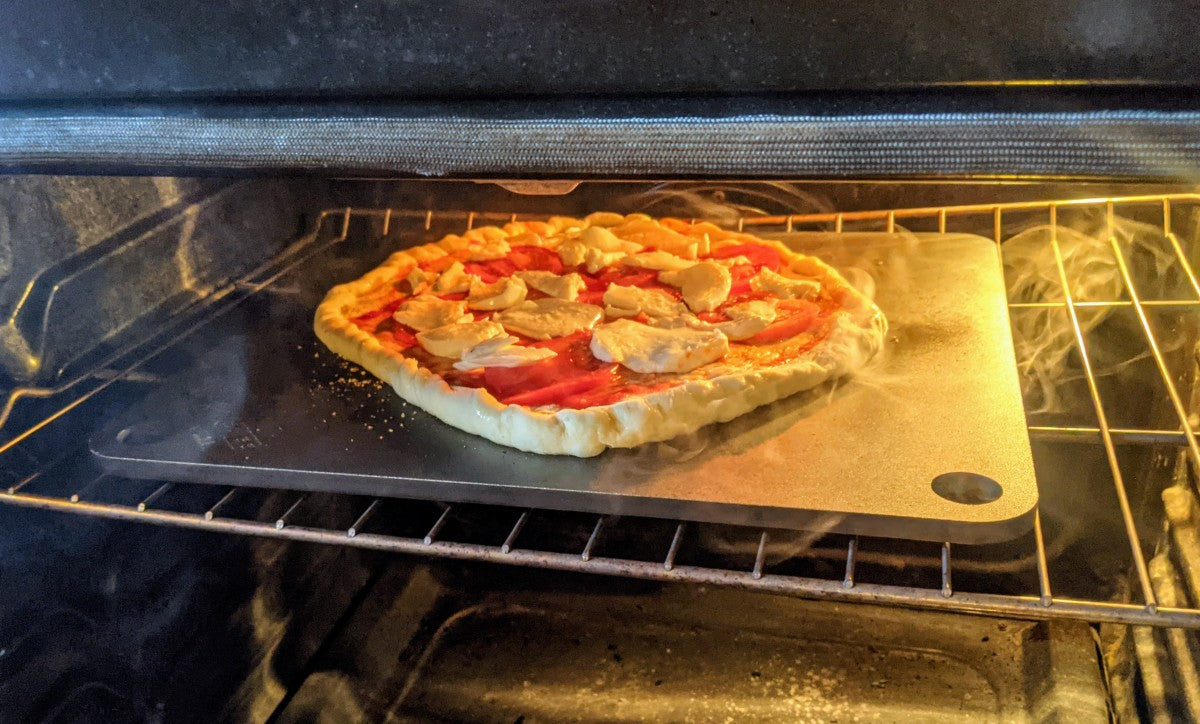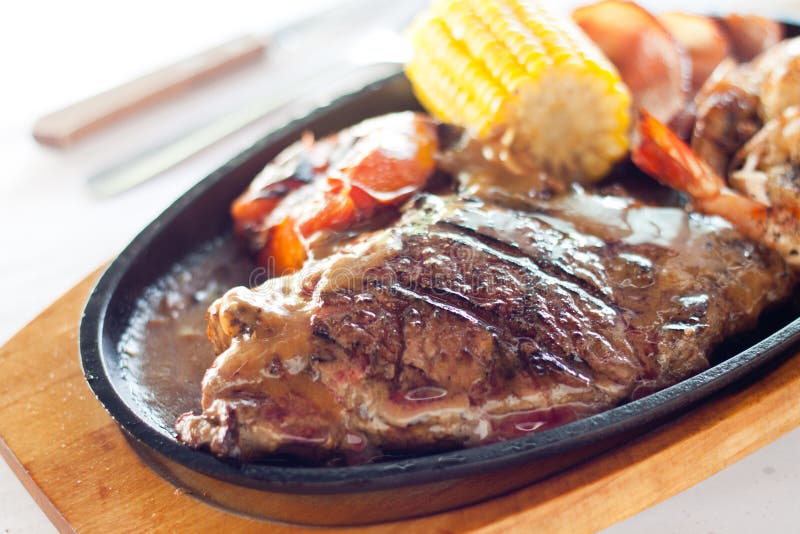Pizza making is a tantalizing pursuit that captures the hearts of both home cooks and culinary experts. One lingering question that many ponder is: Is a baking stone necessary for making good pizza? This inquiry strikes a chord, particularly among culinary professionals striving to perfect their pizza-making skills.
To truly assess the importance of a baking stone in crafting exceptional pizza, we need to delve into the intricacies of pizza baking techniques and the tools available.
:max_bytes(150000):strip_icc()/pizza-stone-testing-winners-lodge-pre-seasoned-cast-iron-baking-pan-wdickey-3-02-a8dc06f53f5d4be89d55a499294de19b.jpg)
The Importance of a Baking Stone in Pizza Making
First, let's explore the function of a baking stone. A baking stone is typically a flat slab made from natural stone material, designed for use in baking. Its primary function is to replicate the conditions found in a traditional pizza oven, providing uniform heat distribution. This characteristic is vital for attaining that perfectly crispy crust we all crave in a great pizza.
How Does a Baking Stone Function?
During the baking process, the baking stone absorbs heat from the oven and subsequently transfers it to the dough. This consistent and intense heat ensures that the pizza crust cooks swiftly and evenly. In contrast to a standard baking sheet, which can lead to uneven cooking, the stone guarantees reliable results every time.
Can You Create Delicious Pizza Without a Baking Stone?
While a baking stone can greatly enhance the cooking experience, it is not the only way to create a fantastic pizza. Many professional kitchens experiment with alternatives to achieve similar results without relying on a stone.
For instance, standard baking sheets can also yield outstanding pizza. Although they may not provide the same level of heat retention or even cooking, modifications in cooking methods can offset this. For example, preheating the sheet or baking at higher temperatures can help achieve that coveted crust.
Exploring Alternative Solutions
If you lack a baking stone, consider using cast iron pans or dedicated pizza steel as substitutes. These options also offer excellent heat retention and distribution, making them suitable for baking high-quality pizza.
Pros and Cons
Utilizing a baking stone in pizza preparation has notable benefits, like improved heat distribution and the ability to create an authentic crust. However, drawbacks like the stone's bulkiness and maintenance requirements should also be weighed.
Busy kitchens may struggle with the upkeep and storage of multiple baking stones. Additionally, the initial purchase price might raise concerns for restaurants operating on tight budgets.
Best Practices for Using a Baking Stone
If you choose to include a baking stone in your pizza-making repertoire, adhering to best practices is key. Preheat the stone in the oven for at least 45 minutes to optimize its performance. To ensure longevity and consistent results, follow proper cleaning and storage guidelines. For more insights, check out The Spruce Eats' comprehensive guide on the best pizza stones.
Conclusion
So, do you need a baking stone to make good pizza? The answer depends on your culinary requirements and kitchen setup. While a baking stone can significantly improve your pizza's overall quality, it is not an absolute requirement.
With various tools and techniques at your disposal, culinary professionals can still whip up outstanding pizzas that rival those crafted using a baking stone. The secret lies in understanding the baking process and making informed decisions that align with your cooking style and kitchen setup.

FAQ
1. Can I use other tools besides a baking stone for pizza?
Absolutely! Tools like pizza steels, cast iron pans, and even standard baking sheets can effectively be utilized.
2. How should I maintain my baking stone?
Baking stones need regular cleaning, avoiding detergents, and ensuring they are dry before storage. Frequent use helps preserve their non-stick characteristics.
3. Is pre-heating the baking stone really important?
Yes! Pre-heating is crucial as it helps the stone reach the ideal temperature for even pizza cooking.
You can learn more about using a baking stone effectively in a convection oven. Additionally, understanding oven placement for your stone can optimize your baking results. If interested, you can also check this external resource for insights on baking stones.
This article contains affiliate links. We may earn a commission at no extra cost to you.





Leave a comment
This site is protected by hCaptcha and the hCaptcha Privacy Policy and Terms of Service apply.